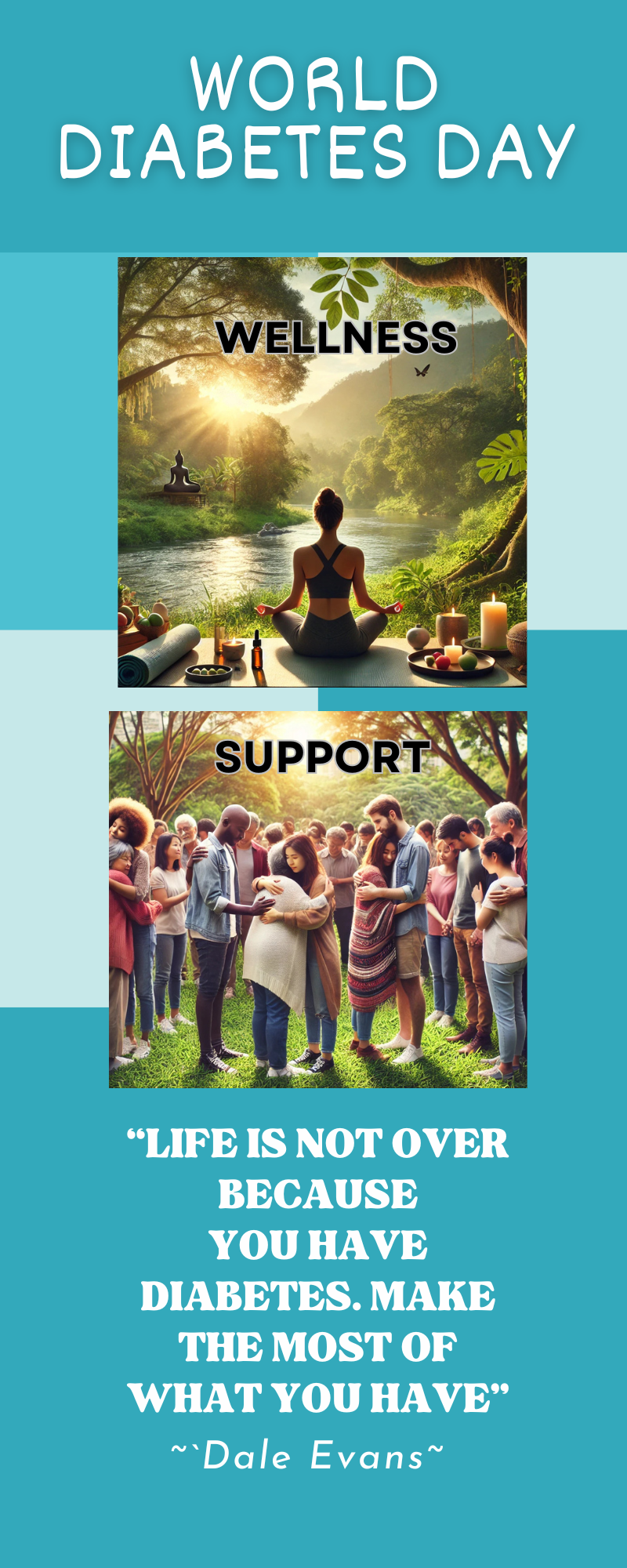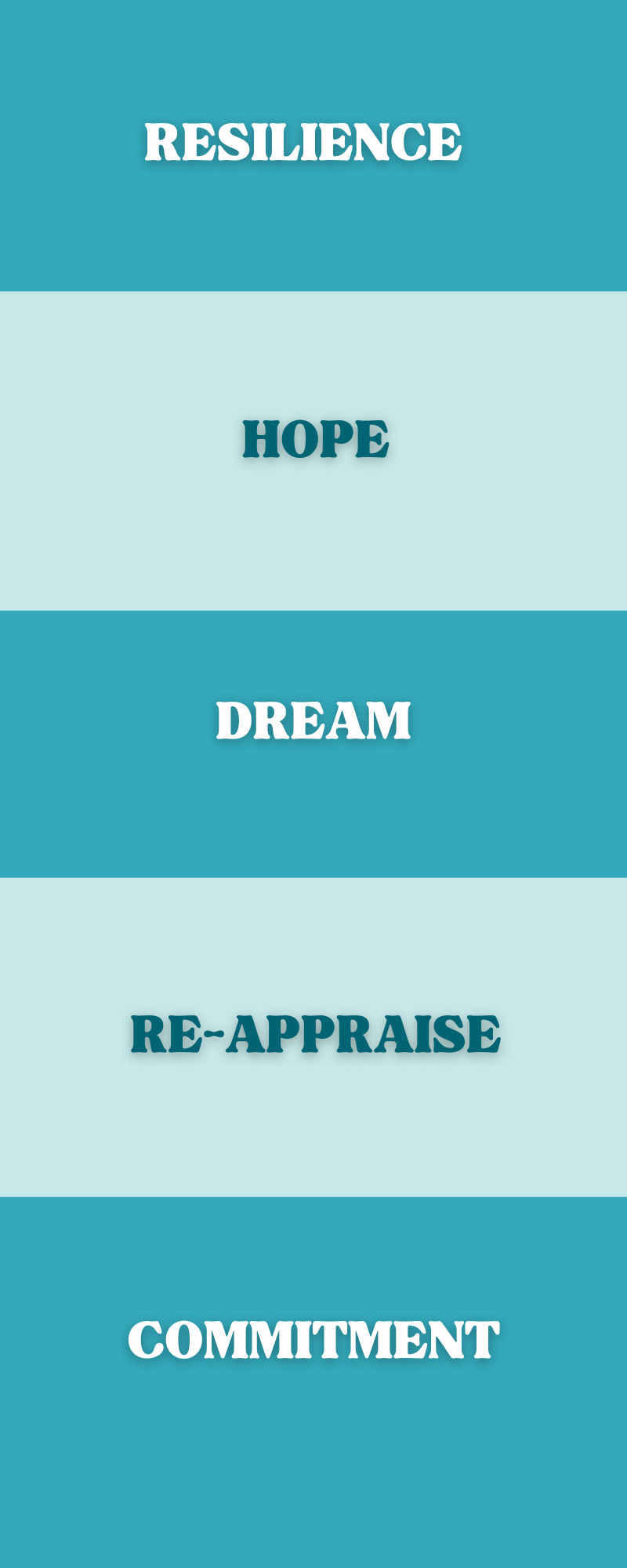
DRM Webinar: Introduction to Survey Interviewing
DRM Webinar: Introduction to Survey Interviewing
Join the PsySSA DRM and Leonie Vorster for the last PsySSA DRM webinar for 2024, and it’s free!
Date: 21 November 2024
Time: 12h00 to 13h00
MS Teams Link: https://tinyurl.com/3r96yj37 (no registration is needed to attend)
About the webinar:
Now more than ever, information from the Global South should be shared to ensure justice, equality, and equity for all forms of knowledge. This is especially problematic with AI models being trained and tested primarily based on information from the Global North. Collecting and sharing information that represents a plurality of bodies of knowledge is imperative. Survey research is one of the ways that researchers collect information, asking for answers to specific questions from a selection of people. Information from survey research allows researchers to understand, interpret, and even change the world. In this webinar, the focus will be on using survey interviewing to create quality data. You will learn about the role of the interviewer, how to ask great questions, how to deal with bias, a practical system to apply during survey interviews, examples of do’s and don’ts for survey interviewing, and the ethical principles to adhere to, to make sure that the credibility of your research is not compromised.
Can’t join us live? Watch all recordings of the PsySSA DRM Webinars and Research Podcast episodes on the PsySSA DRM YouTube Channel
Leonie Vorster is a Research Psychologist, chairs the PsySSA Division for Research and Methodology, and is the author of Five Seats, a magical realism novel. She strives to ensure the effective and just use of decisive, ethically sourced, accessible, actionable information, and actively promotes empowerment by seeking the furthest limits of the possible and imaginative to make a positive difference, while inspiring others to do the same. Leonie has completed more than 400 research and consulting assignments for government, semi-government, private, and not-for-profit clients in more than 40 countries across the globe. She has delivered more than a hundred articles, papers, and talks for South African, African, and global audiences, and has edited more than a hundred articles for online and offline publication, including conference papers, and research articles in international academic journals. Leonie has a legendary commitment to professional excellence and an unwavering passion for quality, ethical standards, and sustainable interventions.







